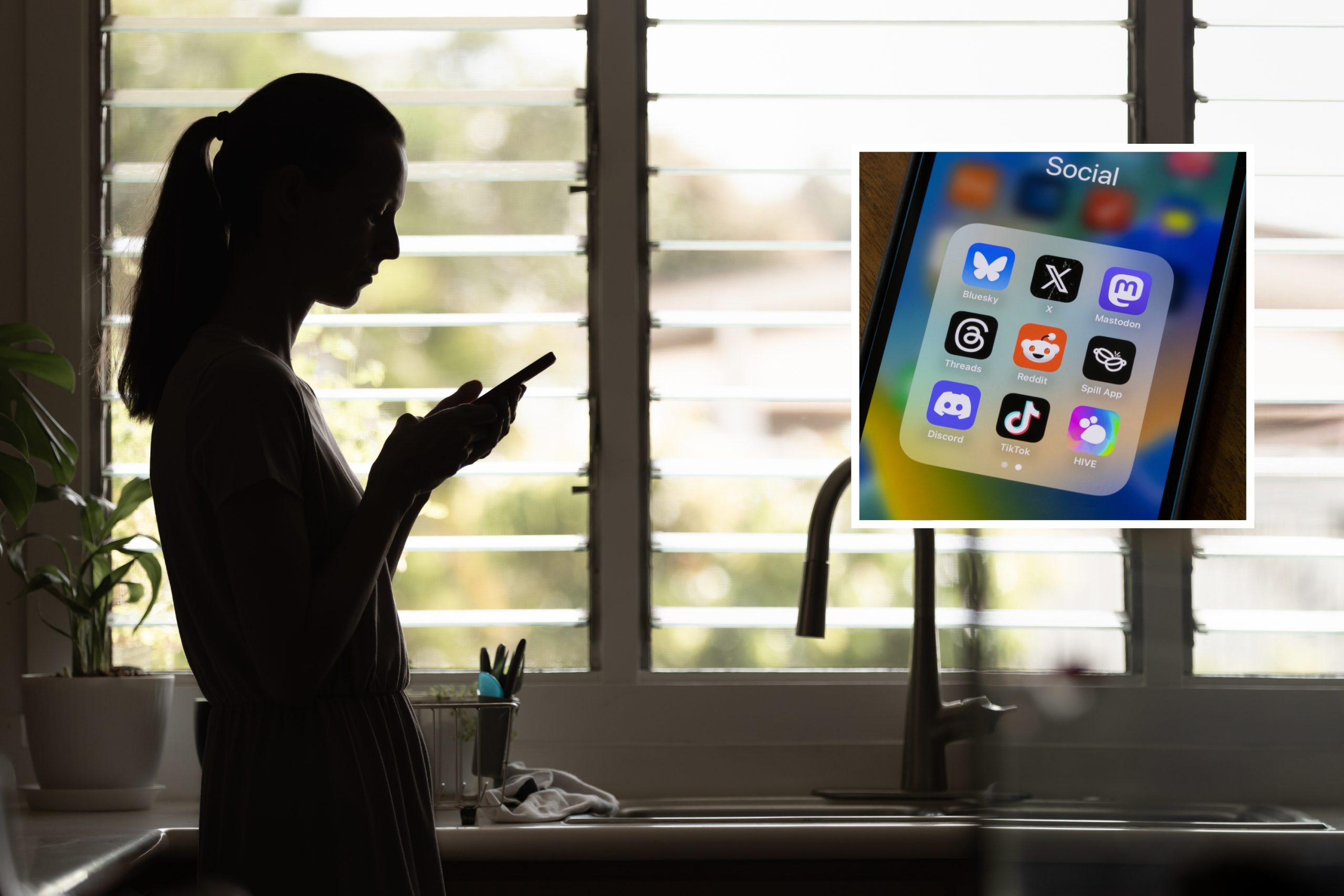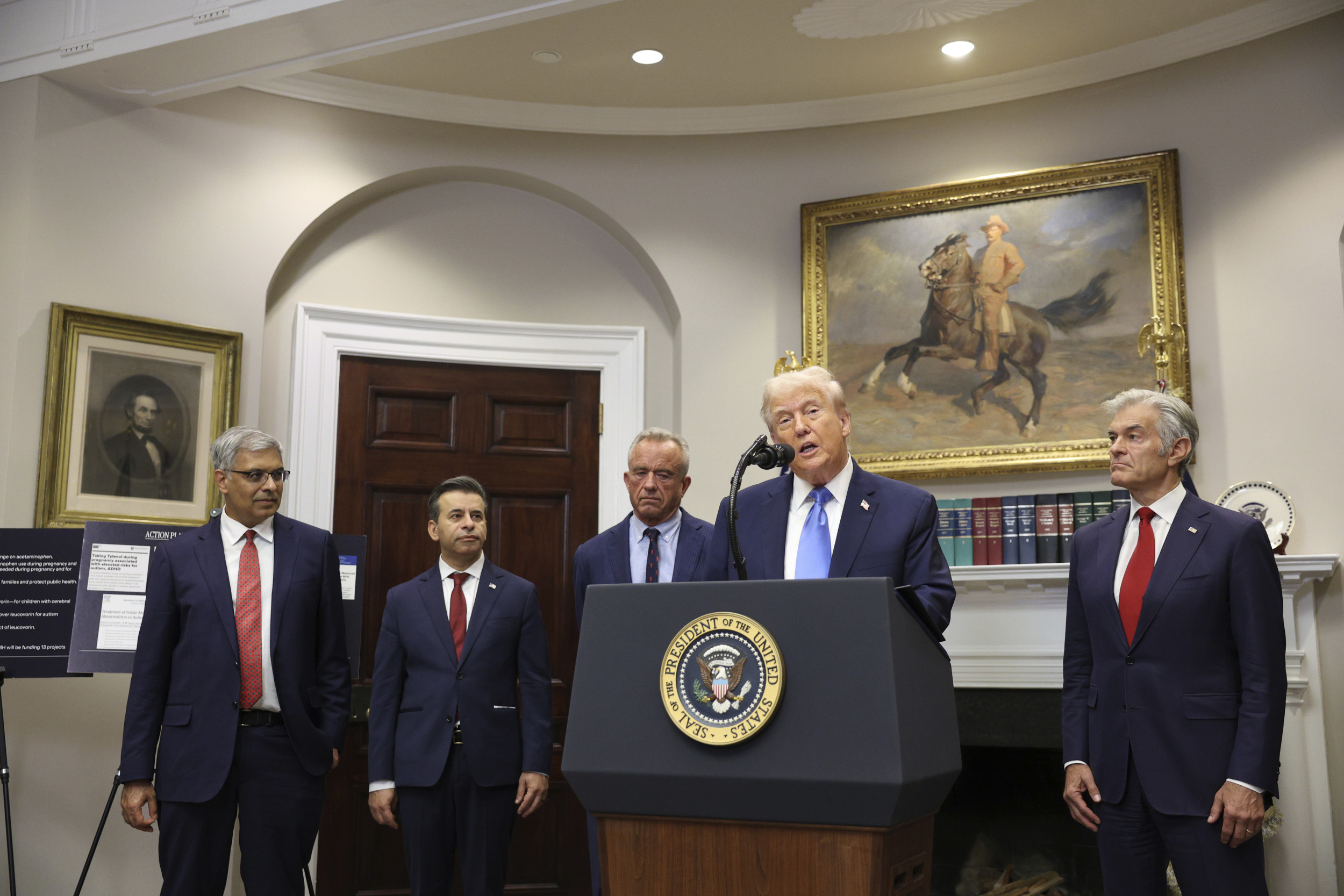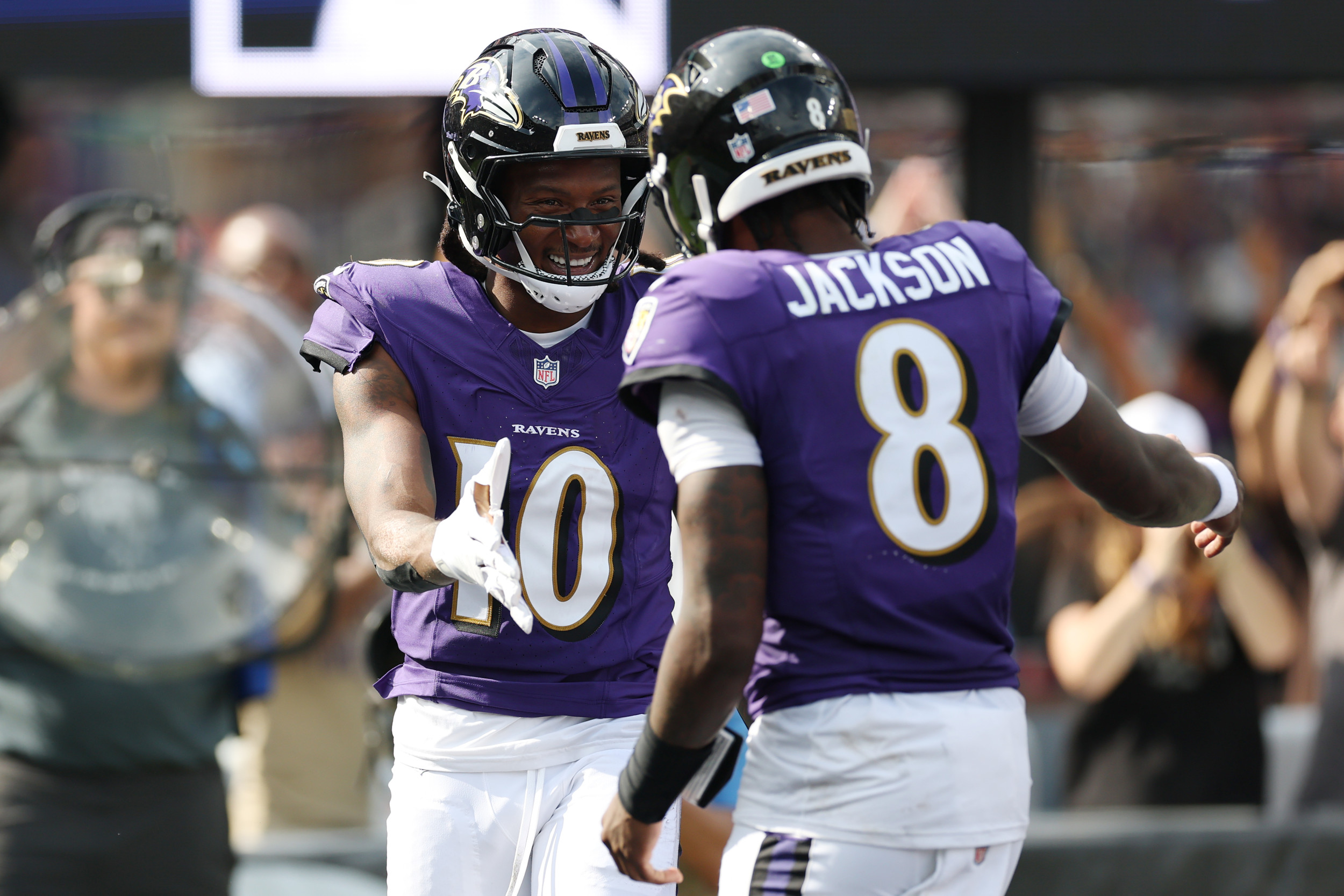
Deleting Facebook and Instagram in the weeks leading up to the 2020 election had a noticeable impact on users’ mental health, a major new study published this month found.
Touted as one of the largest studies of its kind, involving over 35,000 people, researchers wanted to see the impact on stress and anxiety levels deleting the apps would have during the intense weeks leading up to Election Day.
“We asked people to say how often they felt happy, anxious, and depressed on a scale that included: all of the time, often, sometimes rarely and never,” Hunt Allcott, a professor at Stanford University and one of the leads for the study, told Newsweek.
“Our effect sizes are equivalent to about 4 percent of people saying they feel happy often instead of sometimes, and so that is a meaningful effect. That effect, on its own, is statistically different from zero, but it’s also probably smaller than some of social media’s fiercest critics might have predicted.”

Getty Images
Switched Off During a Fierce Election
Social media’s influence on voters has only grown in recent years, with both positive and negative results for politicians, while multiple studies have shown a significant impact on users’ mental health as they filter through misinformation, polarizing stories, and struggle to switch off from different platforms.
The study, led by researchers from multiple colleges across the U.S., in partnership with Meta, Facebook and Instagram’s parent company, saw a percentage of participants get paid to delete one of their accounts for six weeks leading up to the 2020 vote, while the rest did so for just one week.
At the time of the study — coming in the midst of a pandemic and hard-fought campaign— political news was widespread on both of Meta’s social media platforms, meaning participants were likely seeing several posts per day on the close race between now former President Joe Biden and President Donald Trump. However, political content only made up around 6 percent of news feeds on Facebook, according to the study.
Facebook users over age 35, undecided voters, and people without a college degree saw the biggest improvement in their mental health once their accounts were deactivated.
Among Instagram users, the improvement was less significant, but women aged 18-24 saw the biggest rise in wellbeing.
Allcott told Newsweek that when researchers looked at participants who were more politically engaged versus those who were not, there was no discernible difference in results.
“So, this is one of the pieces of data that we can present that I think makes me more confident that these results are not just limited to the election period,” Allcott said.
Users didn’t necessarily put down their phones, however, with the study finding most participants simply switched to other apps instead.
In a statement to Newsweek, a spokesperson for Meta noted the study was conducted
“in the fall of 2020 amidst a global pandemic and a significant election cycle.”
“Given people spent more time in front of screens, and online conversations were dominated by political, economic and medical uncertainty, it’s not surprising that some participants reported feeling better temporarily when they took some time away from Facebook or Instagram,” the spokesperson added.
Social Media’s Impact on Mental Health
Social media’s impact on mental health has been studied and debated for years now. Multiple academics have carried out studies examining the topic, while legislators have sought to act on findings in the past.
During the last Congress, Senators John Fetterman, a Democrat, and Katie Britt, a Republican, introduced the Stop the Scroll Act, intended to create warning labels on social media platforms. In New York City, legislators sought to classify social networking sites as public health threats.

Mandel Ngan/Pool via AP and Press Association via AP Images
The American Psychiatric Association’s annual poll, published May 2024, showed rising anxiety levels among Americans, with 74 percent of respondents stating that the election was a factor in increasing their worry levels.
“Living in a world of constant news of global and local turmoil, some anxiety is natural and expected,” APA President Petros Levounis, said in a press release at the time. “But what stands out here is that Americans are reporting more anxious feelings than in past years.
“This increase may be due to the unprecedented exposure that we have to everything that happens in the world around us, or to an increased awareness and reporting of anxiety. Either way, if people have these feelings, they are not alone, and they can seek help from us.”
The study Allcott led was part of a wider look at the effects of social media on political participation during the 2020 election. Deactivating accounts did lead to lower political participation, mostly online, but knowledge about the election did not necessarily dip.
Political content on Facebook and Instagram became far more limited during President Biden’s term in the White House, due to restrictions put in place by Meta itself. Those restrictions have since been eased following Trump’s win in November.
“We would like to keep doing this kind of experiment at lots of different times,” Allcott said. “I’d love to do it again now, where it’s not an election but politics and events in D.C. are on people’s minds.”




